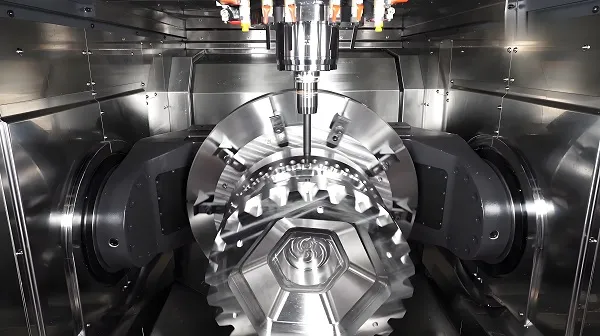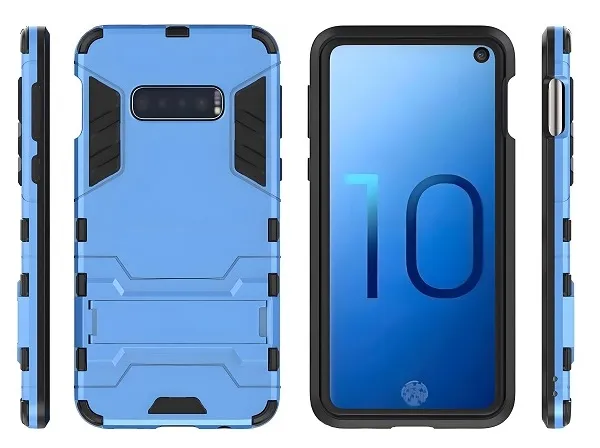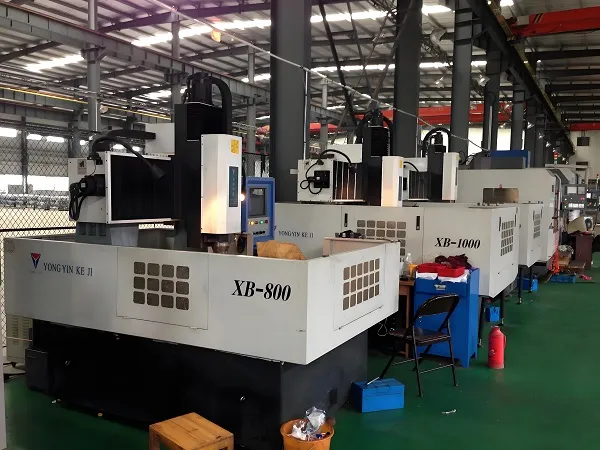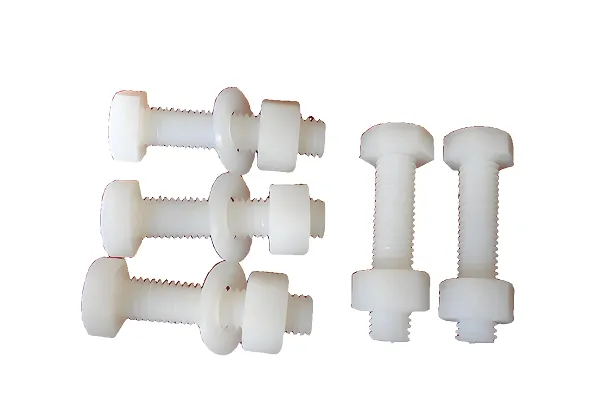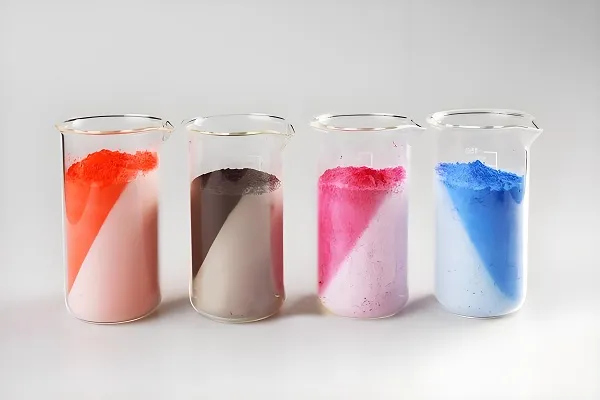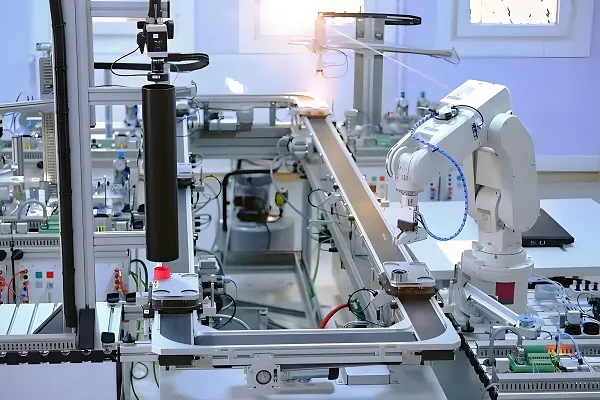Precision plastic molded parts are plastic products with high precision and complex shapes formed through injection, blow molding, blister molding and other molding processes by injecting molten plastic materials into molds and curing them after cooling. These parts are widely used in many fields such as electronics, automotive, medical, communication, aerospace, etc. They are favored for their lightweight, corrosion-resistant, easy-to-process, and low-cost characteristics. Customized precision plastic molded parts can meet the individual needs of different customers and achieve efficient and accurate manufacturing.
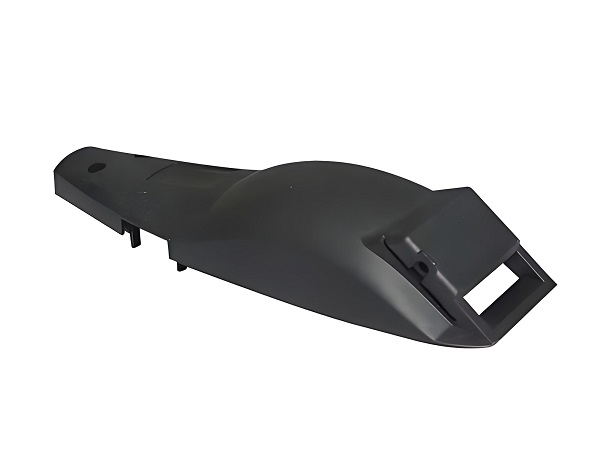
1.Production process of precision plastic molded parts
Drawing analysis and design: Receive and analyze the drawings or technical requirements provided by customers, determine the shape, size, tolerance and material of the parts and other key parameters, and carry out detailed mold design and process planning.
Mold design and manufacture: design and manufacture injection molds according to the design requirements of the parts. The precision, structure and material of the mold directly affect the quality and productivity of the molded part.
Material Selection and Preparation: According to the use environment and performance requirements of the parts, select suitable plastic materials, such as polypropylene (PP), polyethylene (PE), polyvinyl chloride (PVC), nylon (PA), polycarbonate (PC), etc., and carry out pre-treatment, such as drying and color matching.
Molding process: The pre-treated plastic material is put into the injection molding machine, injected into the mold by heating and melting, and then formed into the desired shape of the part after holding pressure, cooling and other processes. According to the demand, blow molding, blister molding and other molding processes can also be used.
Post-processing: deburring, trimming, inspection and other post-processing work on the molded parts to ensure the dimensional accuracy and surface quality of the parts.
Quality Inspection: Comprehensive quality inspection of the parts, including size, shape, surface quality, strength and other aspects of the test to ensure compliance with the design requirements.
Packaging and Delivery: Clean and rust-proof the qualified parts (if applicable), and package and deliver them according to customer’s requirements.
2.Customized precision plastic molded parts
Demand communication: Communicate deeply with customers to understand the specific use, performance requirements and quantity of parts for customized design.
Program design: according to customer needs, develop detailed processing programs and processes, including mold design, material selection, molding process, etc., and provide samples for customer confirmation.
Technical Evaluation: Comprehensively evaluate the feasibility, cost-effectiveness and technical difficulty of the program to ensure that it can meet the customer’s requirements.
Mass production: After the customer confirms the proposal, mass production will be carried out to ensure that the quality and performance of each batch of parts are consistent.
After-sales service: provide comprehensive after-sales service, including technical support, quality problem solving and parts supply.
3.Introduction of materials for precision plastic molded parts
Material:
Polypropylene (PP): lightweight, heat-resistant, chemical-resistant, suitable for food packaging, automotive parts and so on.
Polyethylene (PE): soft, impact resistance, low temperature resistance, commonly used in plastic bags, water pipes, etc..
Polyvinyl chloride (PVC): high hardness, good weather resistance, used for wire and cable, flooring materials.
Nylon (PA): wear-resistant, high-strength, high-temperature resistant, for automotive parts, mechanical parts, etc.
Polycarbonate (PC): high transparency, strong impact resistance, commonly used in eyeglass lenses, electronic display, etc.
Characteristics:
Lightweight: low density of plastic materials, made of light weight parts, easy to carry and install.
Corrosion resistance: plastic materials have good corrosion resistance to a variety of chemical media, suitable for harsh environments.
Easy to process: plastic materials are easy to mold and process, able to manufacture complex shapes of parts.
Low cost: compared with metals and ceramics and other materials, the cost of plastic materials is lower, which is conducive to reducing manufacturing costs.
4. Characteristics of precision plastic molded parts made of different materials
Products:
Polypropylene (PP) precision molded parts: lightweight, heat-resistant, chemical-resistant, suitable for food-grade containers, automotive parts and so on.
Polyethylene (PE) precision molded parts: soft, impact resistance, low temperature resistance, commonly used in medical equipment, toys and so on.
Polyvinyl chloride (PVC) precision molded parts: high hardness, good weather resistance, used for wire and cable sheathing, building components.
Nylon (PA) precision molded parts: wear-resistant, high-strength, high-temperature resistant, suitable for gears, bearings and other mechanical parts.
Polycarbonate (PC) precision molded parts: high transparency, strong impact resistance, commonly used in optical parts, electronic displays and so on.
Polypropylene (PP): density of about 0.9g/cm³, heat distortion temperature of about 100 ℃, tensile strength of about 30MPa.
Polyethylene (PE): density of about 0.92g/cm³, low temperature resistance up to -60 ℃, tensile strength of about 20MPa.
Polyvinyl chloride (PVC): density of about 1.3-1.5g/cm³, wide range of hardness, tensile strength of about 40-60MPa.
Nylon (PA): density of about 1.1-1.2g/cm³, heat distortion temperature of about 200 ℃, tensile strength of about 50-100MPa.
Polycarbonate (PC): density about 1.2g/cm³, transparency up to 90%, very high impact strength, tensile strength of about 60MPa.
Customized Precision Plastic Molded Parts FAQ
Q1: How much precision can be achieved for precision plastic molded parts?
A: The accuracy of our precision plastic molded parts can reach ±0.1mm or even higher, depending on the size and shape of the part.
Q2: What materials can be used for precision plastic molding?
A: Polypropylene (PP), polyethylene (PE), polyvinyl chloride (PVC), nylon (PA), polycarbonate (PC) and other plastic materials can be used for precision plastic molding, the specific choice depends on the use of the environment and performance requirements of the parts.
Q3: How to ensure the quality of precision plastic molded parts?
A: We use advanced molding technology and high-precision testing equipment to conduct comprehensive testing of parts to ensure that dimensional accuracy, surface quality and mechanical properties meet customer requirements. At the same time, we also strictly control the quality of raw materials and mold precision to ensure stable and reliable product quality.
Q4: How long does it take to customize precision plastic molded parts?
A: The production lead time mainly depends on the complexity and quantity of the parts and the mold manufacturing time. Usually, after the mold manufacturing is completed, the sample production cycle is about 3-7 days, and the mass production time depends on the specific needs.
Q5: How can I get a quote for precision plastic molded parts?
A: Please provide the drawing or technical requirements of the part, we will make a detailed quotation and process planning according to your needs.

